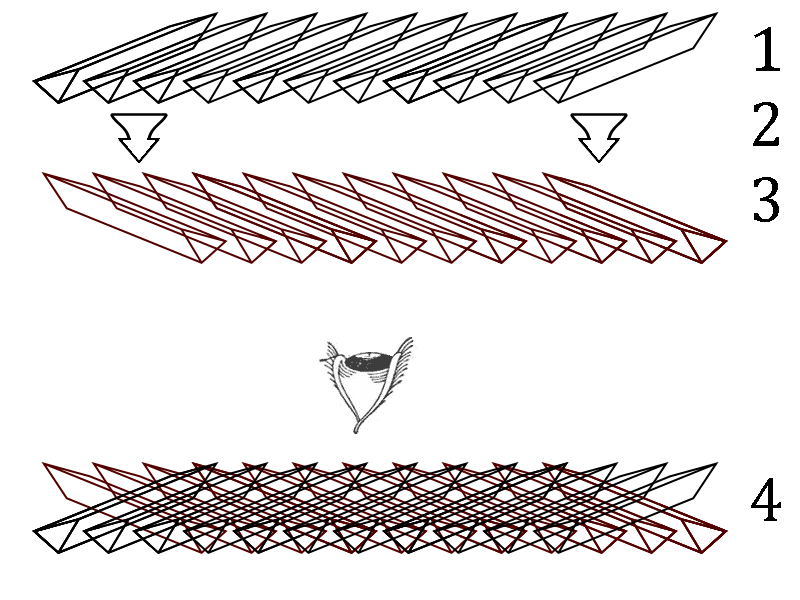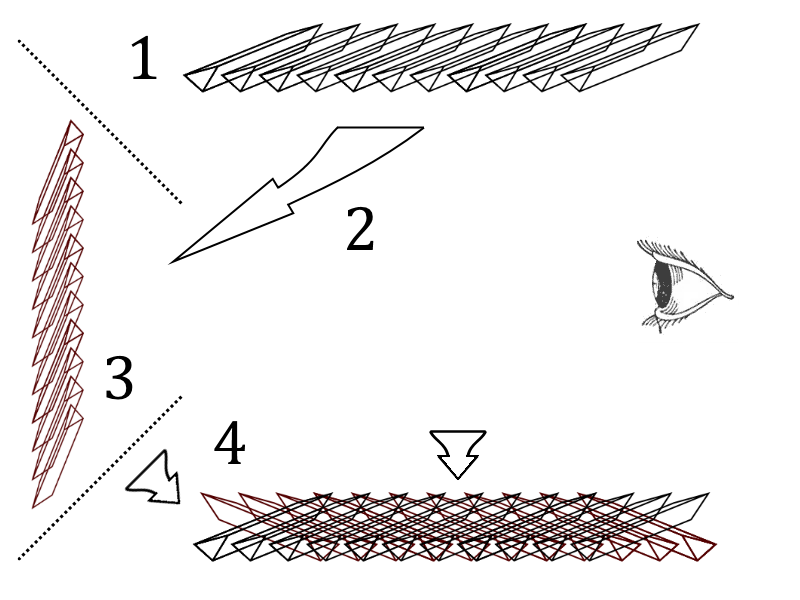Constant Illumination
The root problem of the Earth
I am Constant Illumination, Russian Buddhist teacher. I wrote this in English because I think it's the most important message I have, and I want to share it as wide as possible.
Any feedback, whether about my English grammar, or discussion of these ideas or our possible co-operation is really welcome. We can't bring the change by working alone; so let's learn together and help each other to improve our global culture of wisdom.
The root problem of the Earth is the lack of wisdom in human mind. The destruction of the environment, wars, poverty, criminality etc. all grow from that main factor.
So if you wish to help the Earth in a most meaningful way, you might wish to concentrate on that root problem and to work on its solution.
My hope is that humanity might eventually develop the spiritual culture – the culture of wisdom – just like some time ago we, in general, mastered the literacy.
Regarding our mind, the problem is:
– We people have the ability of abstraction: abstracting our feelings, notions and symbols from reality.
– We haven't really mastered that ability yet: we are only half-way.
– Now we have to make another step and develop the culture of re-connecting our abstractions back to real phenomena with precision. That will be the real mastery of our abstracting abilities.
– When that culture will be developed in our society, then the root problem of modern Earth will be solved. We could overcome all those unwise and painful things, and we could teach those less developed individuals (children etc.) rather than punish them or struggle against them.
So how can we succeed in re-connecting our abstracting processes precisely to the real phenomena?
This is the basic scheme of how we see the world:

1 – We see the real phenomena as they are.
2 – On top of that, we want to learn the mechanisms of what we see: why do things go like that; how to change them in a best way?
So we extract regularities from what we observe; we create notions of objects and of how they connect to each other.
We also can prolong our feelings, extending them beyond their initial context. Thus we somehow detach them from their direct source.
Therefore, our (1) initially observed phenomena go through (2) additional cognitive processes, which create
3 – Our additional layer (of abstractions) «on top of the reality».
This layer may include such things as obsessive feelings, stupid opinions based on untested ideas rather than on real phenomena, etc.
Here is the source of our attempts to find happiness in an egoistic way. Here our delusions live in a stable shelter, because instead of checking them against the reality we are used to check them against other abstractions.
Here is the problem: an untrained mind usually sees layers 1+3 together, as a combined picture (4).
So we are often unable to really discriminate: where is the initial reality, and where are the additional mental phenomena (such as our imagination and thinking).
For example, someone has $5 in a pocket. Let's say that's a real phenomenon, «the layer 1».
The person also might feel: «$5 is super great!» – or: «$5 is horribly poor!»
That's «the layer 3», our addition to the original phenomena.
Usual regular person isn't aware that the fact (like having $5) and its evaluations are different things. He perceives them together, as one «reality»: «I have this, and that sucks! This is the reality».
This way we become attached to «good things», and we develop suffering from «bad things». We don't realize that our evaluations and feelings depend firstly on our thinking.
We become slaves of the circumstances filtered through the ignorance.
That makes us suffer, and makes us deaf and blind to all the variety of real opportunities. Also that causes our actions against anything that «opposed» our ego-illusion.
Now we can learn about all these things intellectually, but reading explanations doesn't change much. We still see layers 1+3 as a «reality» 4, usually not aware what is real and what is just our mental construction.
Thus we need to study practically, by reviewing and re-organizing contents of our own mind. As a result, we can come to another way of seeing the reality and being aware of our mental processes:

This way, we don't cling to constructed opinions and absolutized feelings. We observe what is real (1), and what are our mental processes (2), and what is the derivative content of the mind (3), and finally what results get created (4).
Such view can be called «the enlightenment» – the freedom from delusions and vexations.
Hardly we could come to that without practice, such as Buddhist practice.
But this way of seeing is precisely the culture of wisdom that humanity needs now.
So if you understand these explanations, let's practise and develop this culture, in ourselves and around us.
Is there anything more meaningful for solving the root of all the problems on the modern Earth?
